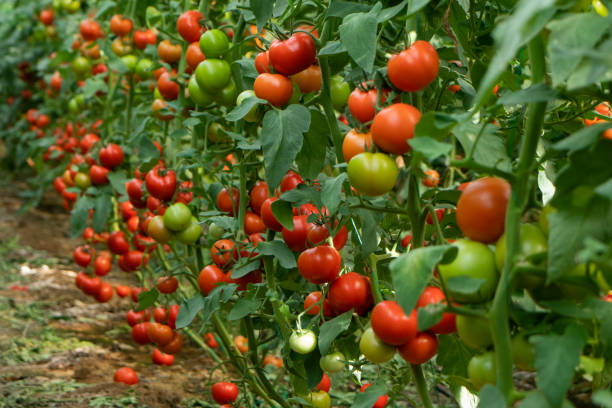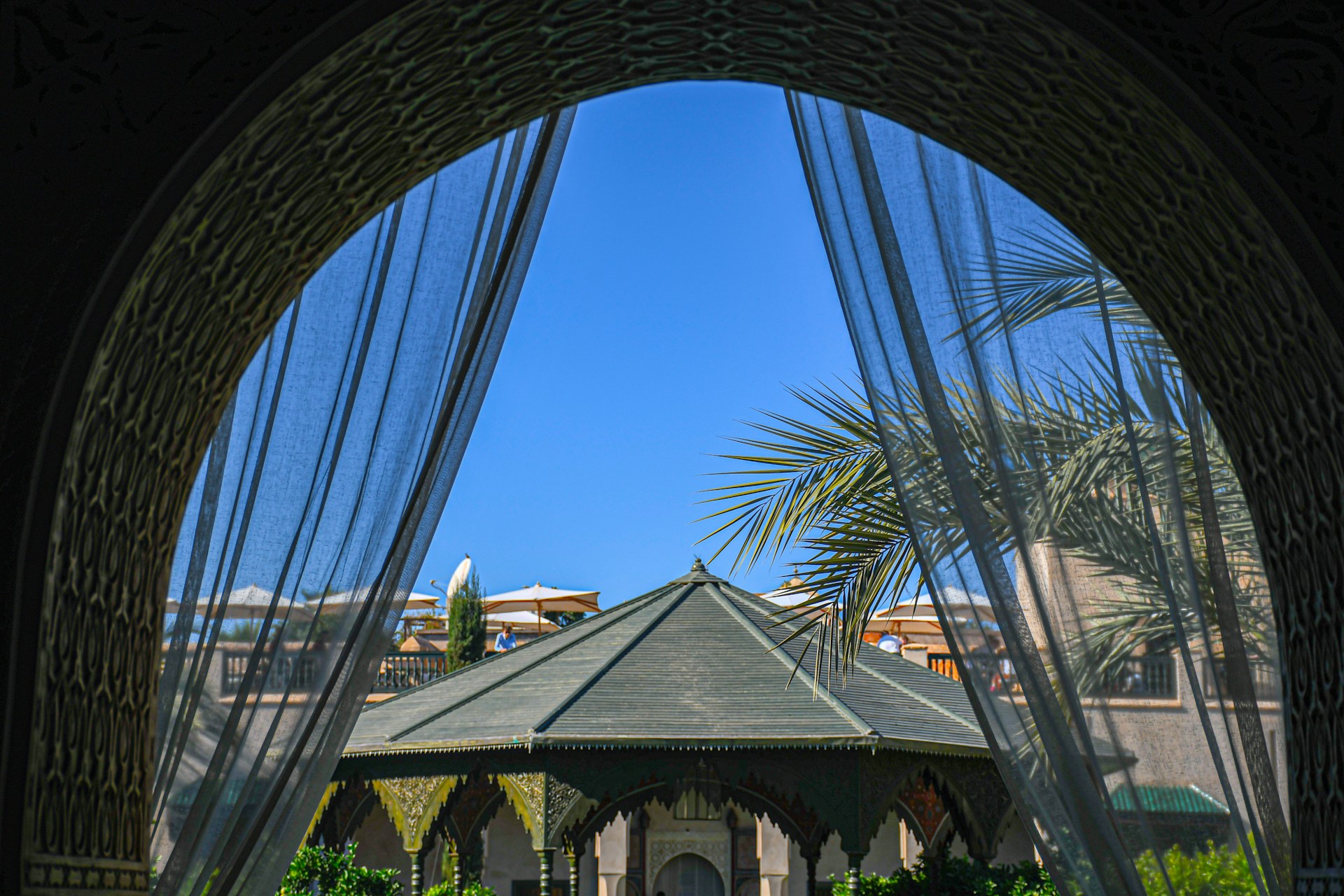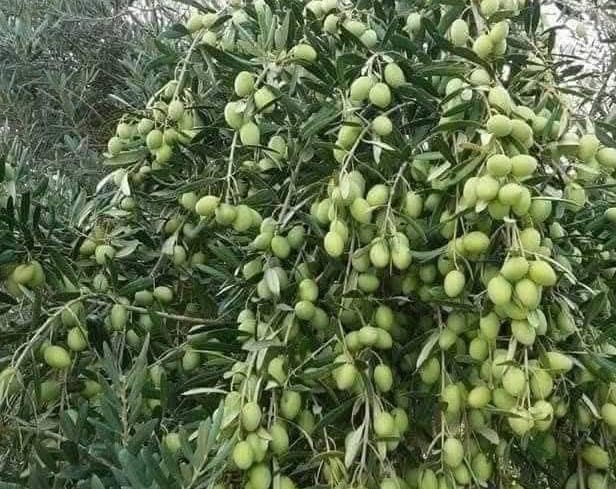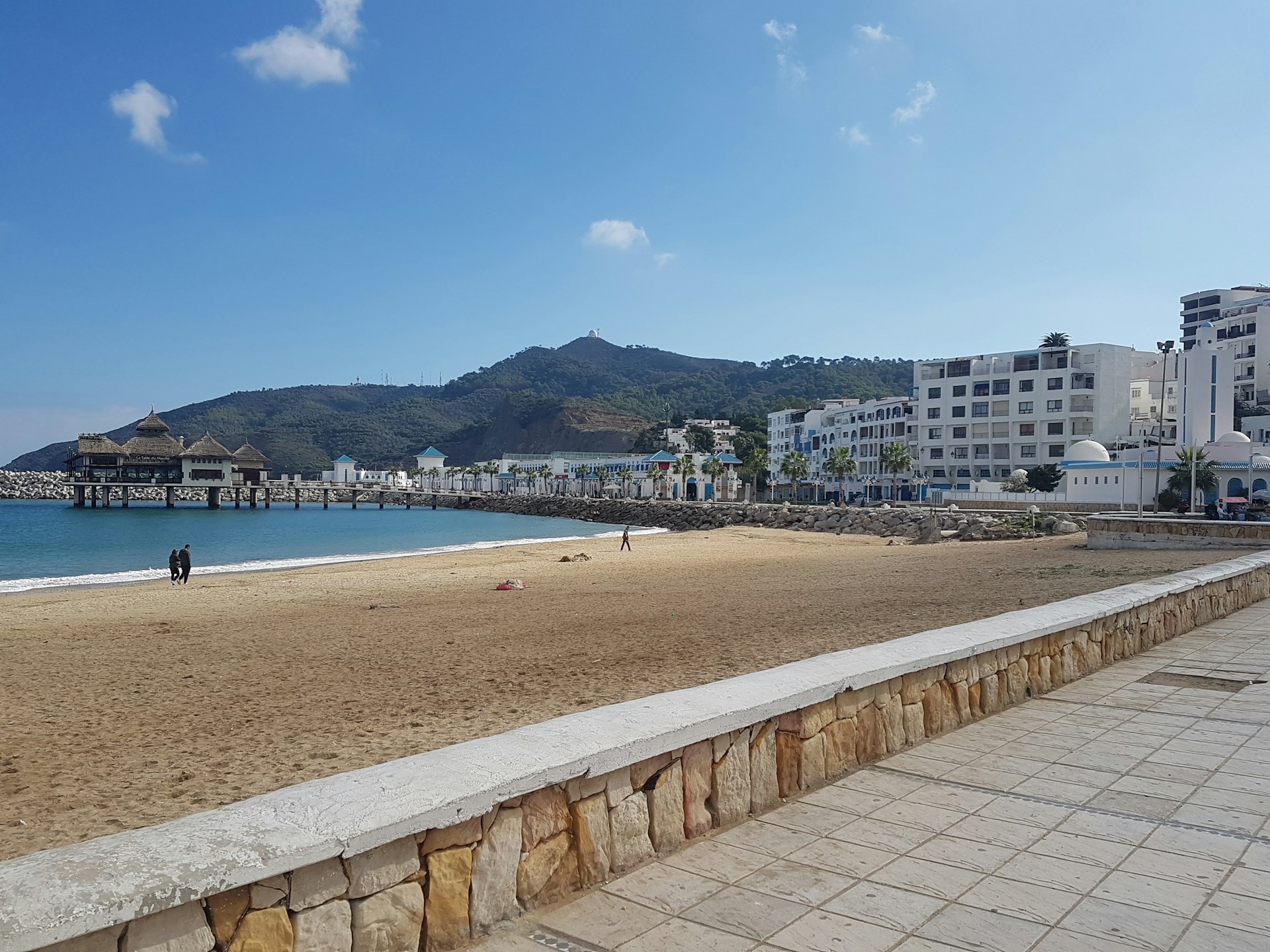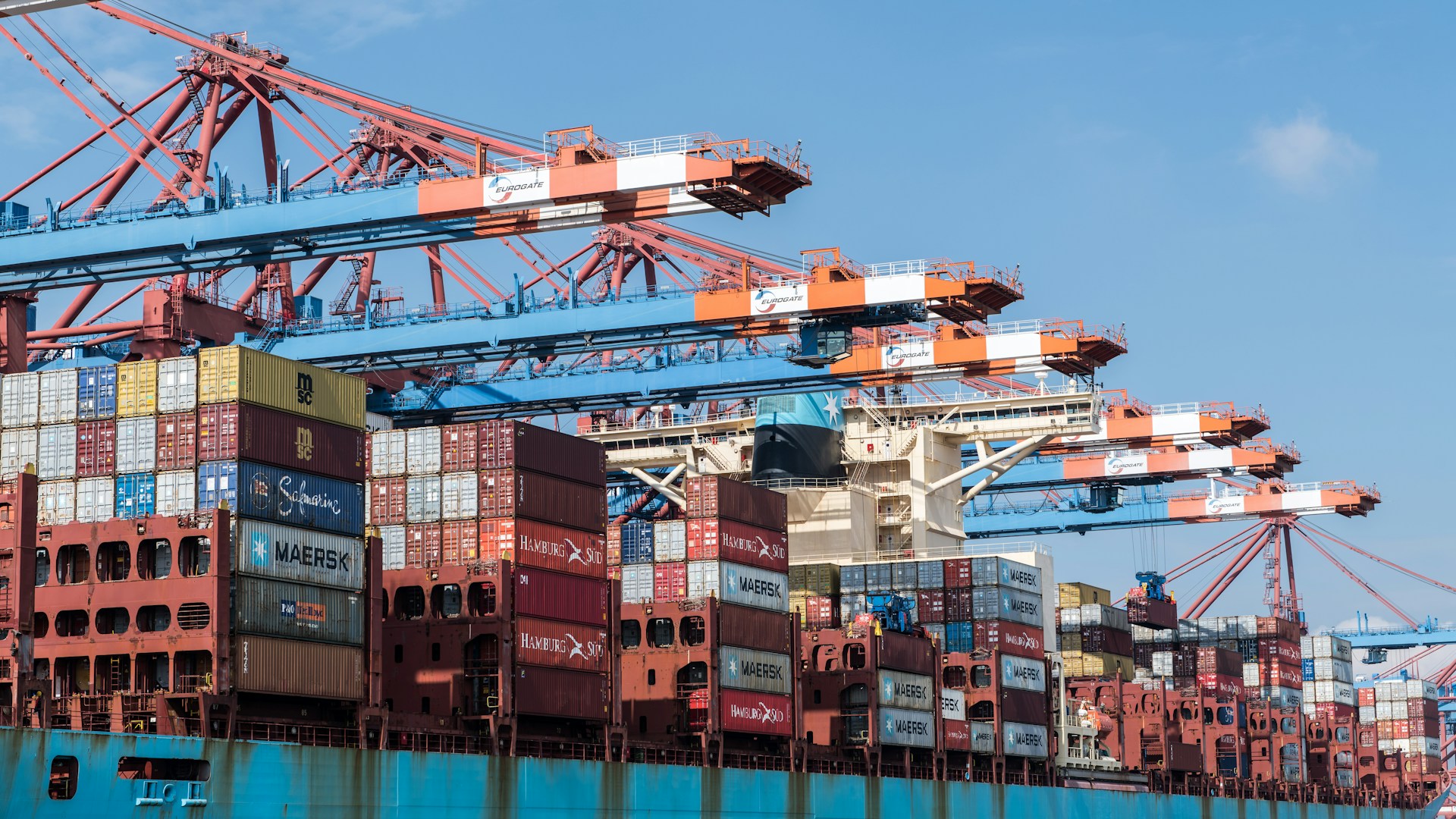Casablanca– Producers of tomatoes in Spain are capitalizing on the current Ramadan period to increase prices, as they face less competition from Moroccan tomatoes due to Morocco’s reduced exports during this month of heightened consumption in Morocco.
Reports from the Spanish newspaper “El Diario” indicate that this period, marked by decreased Moroccan exports, presents an opportunity for Andalusian farmers to directly compete with tomatoes and other products from Morocco. Cooperatives in Almería are adjusting their pricing strategies and schedules to align with the fasting practices of many Muslim workers during Ramadan. Approximately 133,000 Muslims reside and work in the province of Almería.
According to data from “Hortoinfo,” Morocco has been exporting significantly more tomatoes than Almería since 2017. While Almería exported 558.87 million kilograms of tomatoes in 2013 compared to Morocco’s 429.07 million kilograms, Morocco’s exports surged to 580.42 million kilograms in 2017, surpassing Almería’s 473.98 million kilograms.
Morocco continued to increase its tomato exports, reaching 1,028.19 million kilograms in 2022, while Almería’s exports decreased to 386.77 million kilograms during the same period.
While agricultural acreage and production declined in Almería between 2013 and 2022, Morocco’s tomato cultivation area remained relatively stable. Morocco’s tomato production also experienced a slight increase during this period, while Almería saw a reduction in production.
This shift in the tomato export landscape underscores Morocco’s growing dominance over Almería in recent years.
However, Moroccan competition in Spanish agricultural products has sparked protests among Spanish farmers. Recently, a caravan of protesters headed towards the port of Almería to voice concerns about unfair competition from countries like Morocco. The protests escalated at the port, leading to police intervention.
As Ramadan unfolds and the tomato market adapts to shifting dynamics, Spain and Morocco find themselves at the forefront of agricultural trade. Spain’s strategic pricing maneuvers and Morocco’s export dominance offer valuable insights into the complexities of global agricultural markets, underscoring the importance of strategic planning, market intelligence, and policy coherence in sustaining agricultural livelihoods and ensuring food security. As stakeholders navigate these changes, collaboration and innovation will be essential for building resilient and sustainable agricultural systems in Spain, Morocco, and beyond.






